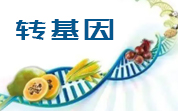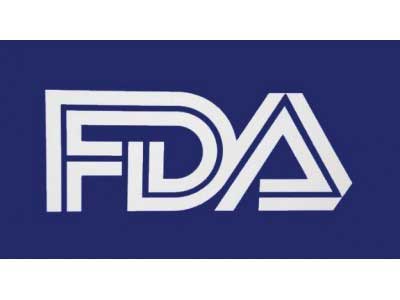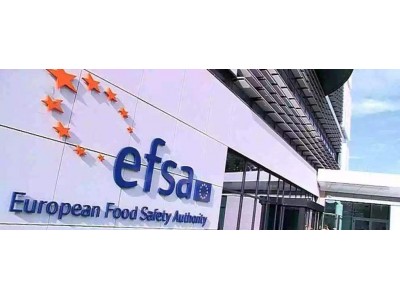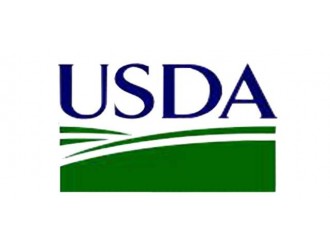经过评估,专家小组认为在建议的使用条件下该添加剂对目标物种、消费者和环境是安全的。由于丁香的花苞及其制剂被认为可以给食物调味,并且它们在饲料中的功能与在食物中的功能基本相同,因此无需进一步证明其功效。部分原文报道如下:
Following a request from the European Commission, EFSA was asked to deliver a scientific opinion on the safety and efficacy of a tincture from the dried flower bud of Syzygium aromaticum (L.) Merr. & L.M. Perry (clove tincture) when used as a sensory additive in feed and water for drinking for all animal species. The product is a ■■■■■) solution, with a dry matter content of ~ 1.66%. The product contains on average 0.511% phenolic acids (of which 0.0344% were flavonoids), 0.039% eugenol, 0.00019% methyleugenol and 0.00008% estragole. The Panel on Additives and Products or Substances used in Animal Feed (FEEDAP) concluded that the use of clove tincture is very unlikely to be of safety concern for the target species up to the maximum proposed use level of 50 mg clove tincture/kg complete feed for all animal species, except for horses, for which the proposed use level is 200 mg/kg complete feed. The FEEDAP Panel considers that the use in water for drinking alone or in combination with use in feed should not exceed the daily amount that is considered very unlikely to be of safety concern when consumed via feed alone. No safety concern would arise for the consumer and the environment from the use of clove tincture up to the maximum proposed use levels in feed. The additive under assessment should be considered as irritant to skin and eyes, and as a dermal and respiratory sensitiser. When handling the additive, exposure of unprotected users to methyleugenol and estragole may occur. Therefore, to reduce the risk, the exposure of the users should be minimised. Since the flower buds of S. aromaticum and their preparations were recognised to flavour food and their function in feed would be essentially the same, no demonstration of efficacy was considered necessary.
本文由食品伙伴网食品资讯中心编辑,有任何疑问,请联系news@www.sqrdapp.com。











 地区:
地区:






 鲁公网安备 37060202000128号
鲁公网安备 37060202000128号



